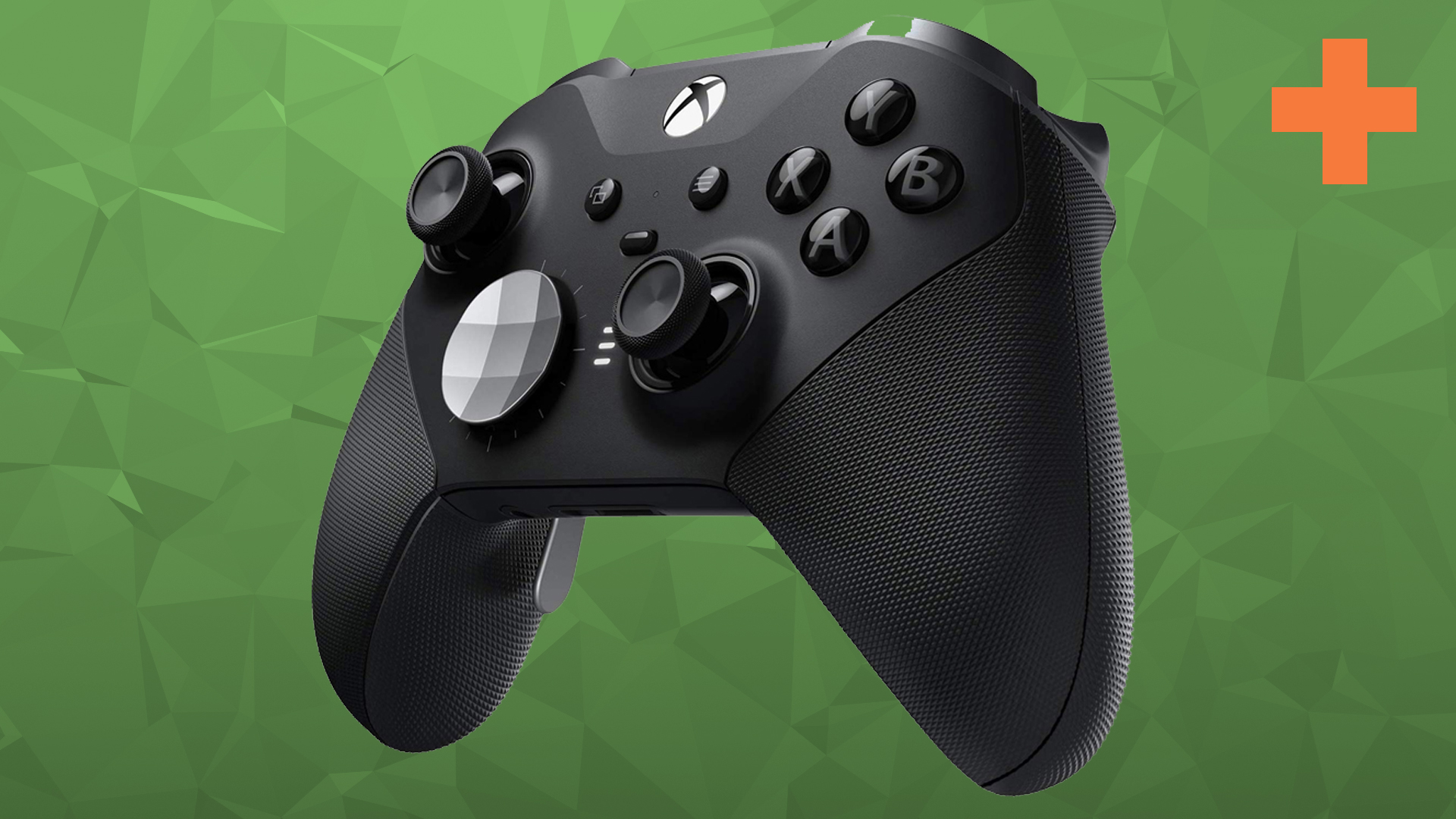Scientist studying why gamers invert their controls claim "there's a gaping hole in our knowledge"
A recent Guardian article details the study, inspired by another Guardian article

A scientist interviewed for an article about inverted controls earlier this year is now conducting research on the subject, reports The Guardian.
Dr. Jennifer Corbett, co-head of the Visual Perception and Attention Lab at Brunel University, was interviewed by The Guardian back in February about the controversial topic whereby the majority of gamers push up on a joystick for upward in-game motion, and a small minority (myself included) invert their Y axis for the opposite effect. Back then, Corbet had this to say: "From a cognitive perspective, players who don’t invert are 'acting as' the avatar, with movement/steering originating from between the avatar’s eyes, controlling the camera. Players who invert are 'acting on' the avatar, with the controls either behind or on top of the head controlling the avatar."
Corbett was inspired by the interview (as were other "hardcore gamers" in her lab) and suggests there's a "gaping hole in our knowledge regarding how our visual perception is heavily dependent on the rest of this vast majority of sensory information." So, her and fellow Brunel University lecturer Dr. Jaap Munneke have started an exploratory study into the science behind controller inversion, which will include measuring how fast and accurately people can mentally rotate shapes. "There are no right or wrong answers in these tasks – we’re interested in how people might perform differently," says Dr. Corbett. "We’ll obtain one or two measures – for example, average reaction time, average accuracy – from each participant in each of four short computerised online experiments and then correlate these measures with information from a questionnaire about gaming habits that each participant will also complete."
The hope is that this research will help Corbett and the team better understand how gamers' interact with both real and virtual environments based on their individual perceptual abilities. "It may be the case that the extent to which a person relies on visual versus bodily context has a huge influence on whether or not they choose to invert the Y axis on their gaming consoles," suggests Corbett.
Not that anyone asked, but as an inverted player, I've always felt that the joystick acts like a human head and neck: pull back to look up, tilt forward to look down. And that's on science.
Here are the best games of 2020 so far.
Weekly digests, tales from the communities you love, and more
Alyssa Mercante is an editor and features writer at GamesRadar based out of Brooklyn, NY. Prior to entering the industry, she got her Masters's degree in Modern and Contemporary Literature at Newcastle University with a dissertation focusing on contemporary indie games. She spends most of her time playing competitive shooters and in-depth RPGs and was recently on a PAX Panel about the best bars in video games. In her spare time Alyssa rescues cats, practices her Italian, and plays soccer.



